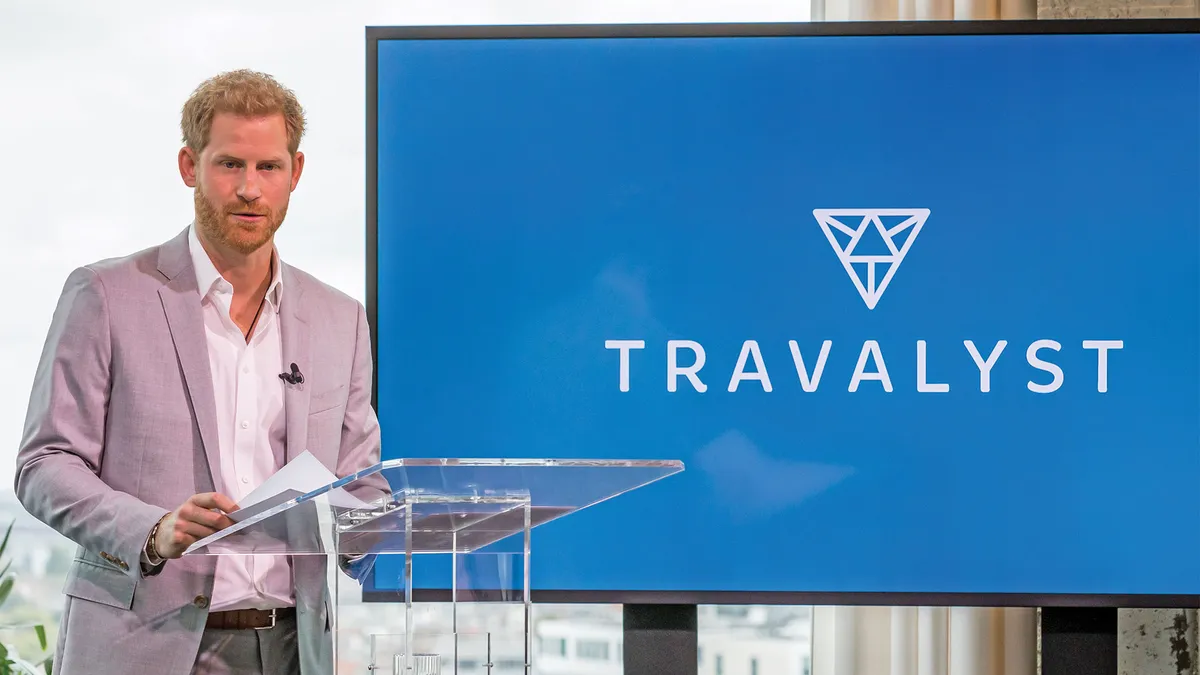Travalyst, the pioneering sustainable travel organization founded by Prince Harry, The Duke of Sussex, in 2019, has recently become the subject of scrutiny as its latest announcement seems to overlook the Duke’s involvement. The omission has raised questions about Prince Harry’s future role and the direction of the organization that he passionately championed.
Since its establishment, Travalyst has been a trailblazer in advocating for sustainable practices within the travel and tourism industry. With a coalition of nine prominent travel and technology companies, the organization has worked tirelessly to promote eco-friendly travel initiatives and reduce the carbon footprint associated with tourism.
During his time as a working royal, Prince Harry played an instrumental role in shaping Travalyst’s vision and mission. As the public face of the initiative, he tirelessly advocated for the adoption of sustainable practices within the travel industry. However, alongside his advocacy, Prince Harry faced criticism for occasionally using private jets, which some viewed as incongruent with the principles he sought to promote.
In a recent announcement of a new board of directors, the absence of Prince Harry’s name has left many wondering about the extent of his future involvement in Travalyst. The press release provided no clarity on any specific roles or responsibilities that the Duke may have within the organization moving forward.
The uncertainty surrounding Prince Harry’s continued involvement raises questions about the organization’s future direction and its commitment to sustainability. As the founder and a vocal advocate for eco-friendly travel practices, his absence from Travalyst’s recent announcement has sparked curiosity and concern among commentators and observers.
The situation also reignites discussions about the challenges of aligning personal actions with advocacy efforts, particularly in the context of sustainable travel. Prince Harry’s occasional use of private jets has been a point of contention, with critics arguing that such actions undermine the credibility of his sustainability initiatives.
Travalyst’s core mission remains unwavering, aiming to inspire the tourism industry to embrace sustainable practices that benefit both travelers and the environment. As the organization navigates this pivotal moment, its supporters and critics alike closely observe how it will address sustainability and environmental issues moving forward.
The significance of Prince Harry’s involvement in Travalyst cannot be understated, and any shift in his role may have implications for the organization’s trajectory and impact. As the public waits for further updates, the importance of aligning actions with advocacy remains a crucial consideration in the pursuit of a sustainable future, both for Prince Harry and Travalyst.




